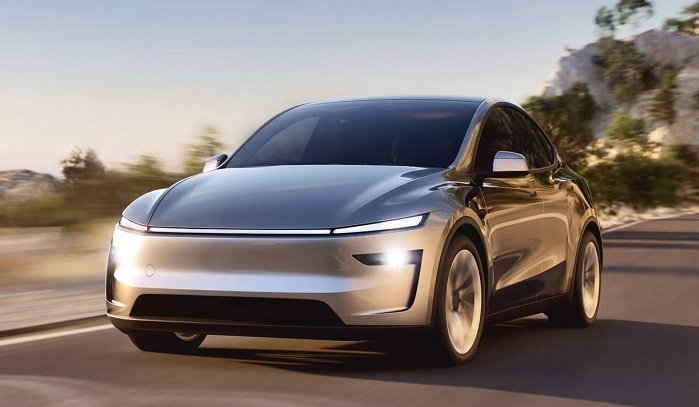A recent report from the Center for Automotive Research warns that U.S. automakers could face up to $108 billion in additional costs by 2025 due to a 25% auto tariff introduced by former President Donald Trump. These tariffs, which took effect on April 3, are already causing significant disruption across the automotive industry.
The report, published by the Ann Arbor-based think tank, places a spotlight on Detroit’s Big Three automakers—Ford, General Motors (GM), and Stellantis—which are expected to absorb the lion’s share of the financial blow, collectively accounting for about $42 billion of the total projected losses.
Tariffs Driving Up Vehicle Costs
The research breaks down the burden at the vehicle level, showing that U.S. manufacturers will now pay an average of $4,911 per car for imported parts—considerably higher than the industry-wide average of $4,239. For fully imported vehicles, the average additional cost climbs to $8,722, with the Big Three slightly below that at $8,641.
These cost increases stem largely from components sourced outside the U.S., particularly from Canada and Mexico, whose supply chains have been significantly impacted. However, thanks to the U.S.-Mexico-Canada Agreement (USMCA), manufacturers that meet specific criteria can deduct the value of U.S.-made parts from their tariff obligations—offering some financial relief.
Strategic Shifts in Production
In response to the tariffs, automakers are adjusting their production strategies. General Motors, for example, has increased truck production at a plant in Indiana. Meanwhile, Stellantis temporarily shut down operations at two facilities—one in Canada and one in Mexico—affecting five U.S. plants reliant on those operations.
These strategic shifts aim to mitigate the rising costs but also introduce new complexities into the manufacturing and supply chain systems.
Industry Leaders Sound the Alarm
Matt Blunt, president of the American Automotive Policy Council, underscored the gravity of the situation, stating that the data highlights the immense financial burden these tariffs impose on domestic automakers. Despite the setbacks, Ford, GM, and Stellantis remain committed to engaging with the U.S. government to support American auto production and protect jobs.
As the industry navigates these policy-induced challenges, automakers and policymakers alike are grappling with how to balance trade protection with economic sustainability in one of the country’s most critical sectors.






